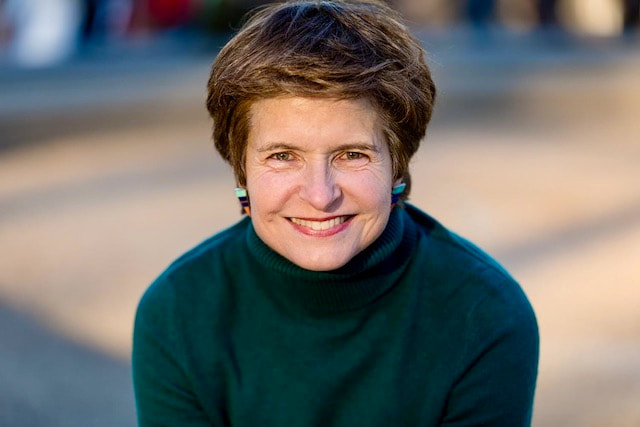|
There are thousands of great coaches teaching kids and adults how to play a sport, motivating them with enthusiasm and dedication to learn the rules and excel at the game. Teamwork, sportsmanship, a strong “work” ethic and development of other important lifelong skills are a natural outgrowth of working with a good coach.
But we’ve definitely had our share of recent news about bad coaches. Iowa just fired its longtime football strength and conditioning coach, Chris Doyle, after numerous players accused him of abusive behavior, including racist comments. And last month, Salim Valji reported in The New York Times that Bill Peters, a former coach in the National Hockey League, was accused of referring to a player, Akim Aliu, with a racial slur. Peters resigned shortly after the accusations. For years, women’s gymnastics coaches have been brutal with their young athletes. According to Juliet Macur, a top coach for the Olympic champion Laurie Hernandez was recently suspended for eight years for emotional and verbal abuse. Another gymnastics coach was suspended in May after a complaint was filed — with input from 33 gymnasts, nine associated family members and five coaches — listing a litany of abuse spanning 15 years. Then there are the runners, like Mary Cain, who spoke with T Minsberg about working with coach Alberto Salazar, saying he had physically and emotionally broken her spirit. Cain recounts that she stopped menstruating for three years, broke five bones due to osteoporosis, and began to feel suicidal as a result of his treatment. Salazar, who has apologized for his “callous remarks,” has been barred for four years for violating anti-doping rules. He has denied abusing Cain. But — much like the #BlackLivesMatter and #MeToo movements — shortly after Cain shared her story, many other runners stepped forward to share their own stories and criticize Salazar’s methods. Basketball and soccer are not immune from claims of bad coaches, whether in the professional or amateur arena. And kids are particularly prone to the consequences of bad coaching. As reported in The New York Times, of the more than 45 million children engaged in youth sports, an estimated 70% will drop out by the age of 13. Why? A big reason is that many of the kids’ coaches are inexperienced, with little relevant training. They often focus on winning, rather than learning and development. “I have watched coaches scream at their team of 10-year-olds that they weren’t aggressive enough,” reports Dr. Jennifer Etnier. Of course, this is not to say there aren’t thousands of good coaches. Take Muffet McGraw, the Hall of Fame coach and a champion for women all over the world, who retired in April after 33 years coaching the women’s basketball team at Notre Dame. Or Perry Fewell, the head coach for the Carolina Panthers, who was recently promoted to an important position in the NFL according to El belson. This said, the era of patiently absorbing the humiliation, torment and abuse of a coach — much like the torment and abuse of police officers or movie moguls — should be over. If you’re looking for a good sports coach, especially where young people are involved, remember that a winning record doesn’t necessarily mean a “winning” experience in which your growth, joy and confidence are nurtured. These qualities should remain paramount in the minds of anyone seeking a coach, whether for sports, careers or other matters.
0 Comments
|
Margaret EnloeI'm an executive coach who works with clients on leadership and transition challenges, including retiring with enthusiasm and ease. Blog Categories
All
Archives
June 2023
Articles |


 RSS Feed
RSS Feed
